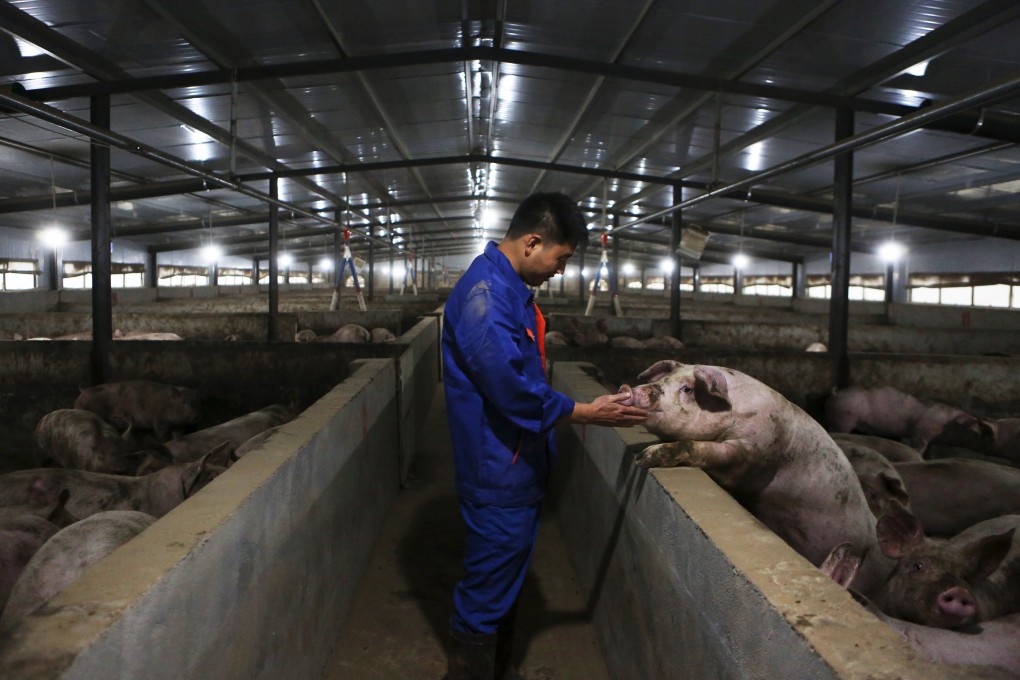Opinion | Factory farming a greater pandemic risk than consumption of exotic animals
- Because factory farmed animals are reared in an enclosed space, where their freedom of movement is severely restricted, their resistance to disease plummets
- This farming practice is also increasing drug resistance in humans

However, humanity seems to have problems learning from historical facts. Those who have warned against the risks of a pandemic during the last 10 years have been ignored as modern-day Cassandras.
The purpose of factory farming is to make farming more efficient: instead of going to the animals to feed them and catch them for slaughter, they are brought all together in one place. But because factory farming puts the animals in an enclosed space, often where their freedom of movement is severely restricted, their resistance to disease plummets and their susceptibility to viral or bacterial contagion shoots up.
This is amplified by the genetic uniformity of the animals, since farmers favour the same growth patterns and sizes. And thus, if one animal gets ill, they all get ill. International transport increase the risk of contagion further.

